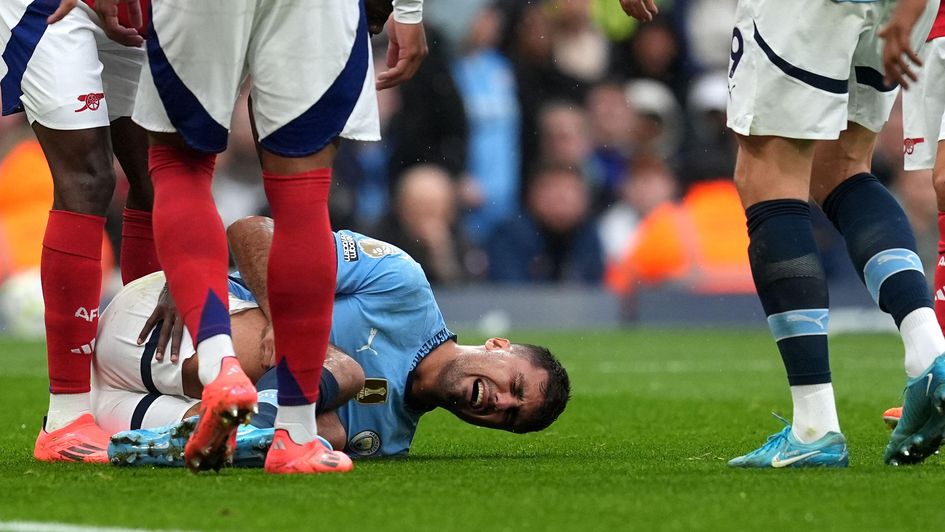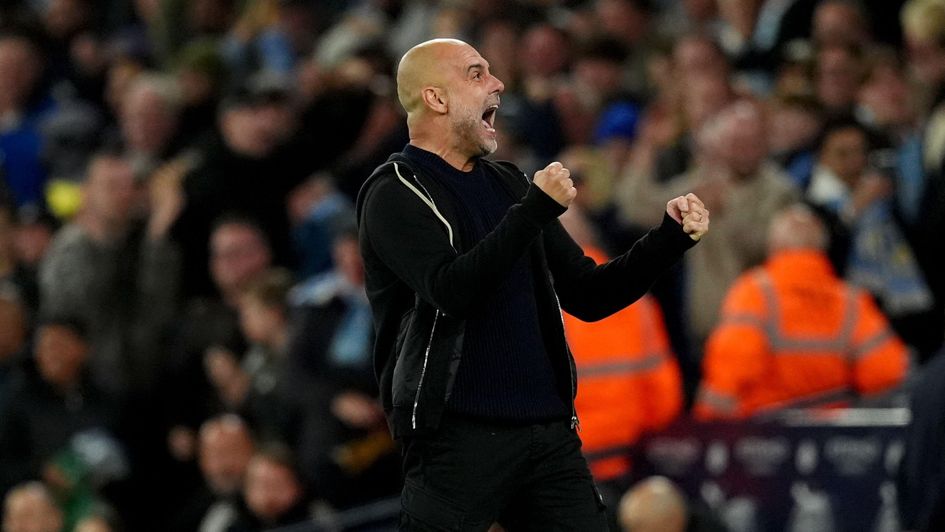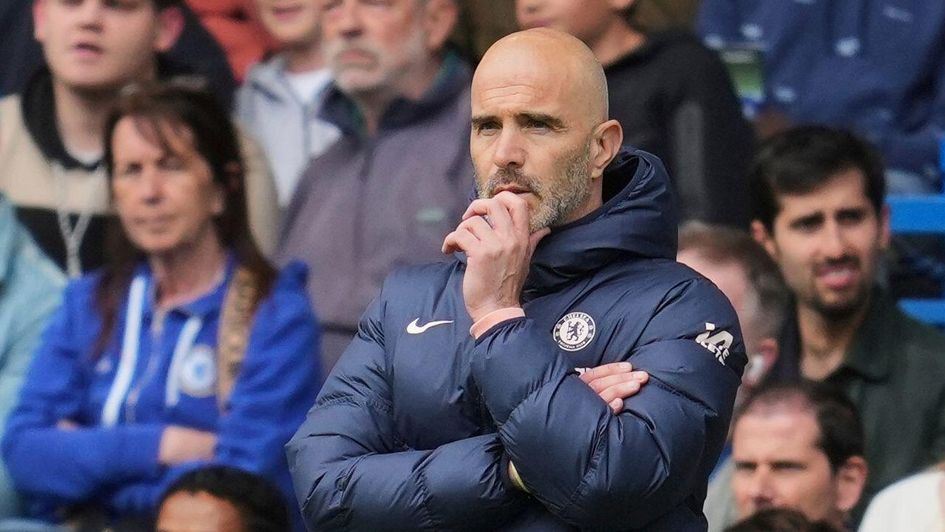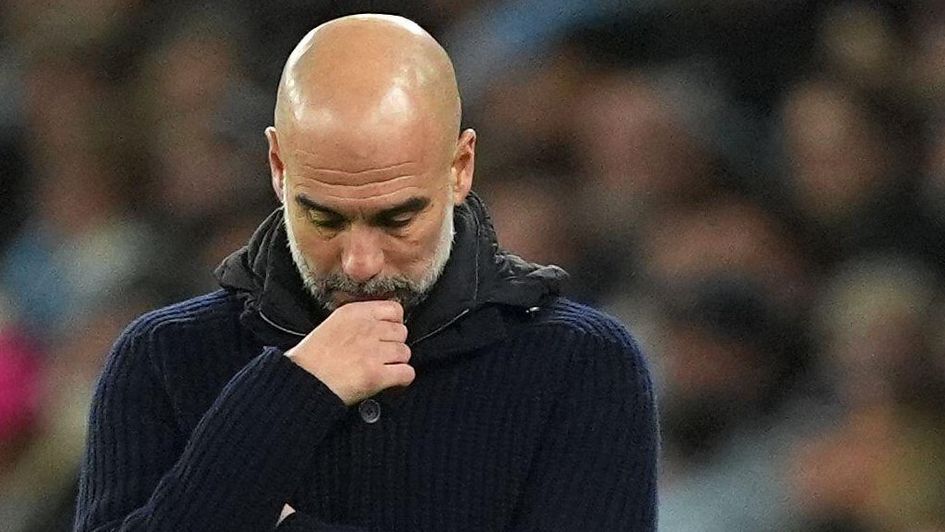With the Premier League fixtures released, and attentions already turning towards August, Alex Keble suggests the new Club World Cup format could lead to a more chaotic and open season than ever before.
As the Club World Cup rudely interrupts one of the increasingly-rare fallow summers for players - much to the frustration of pretty much everyone who doesn’t work high up at FIFA - it’s important to clarify what fixture congestion really means in men’s football.
The players still get a month of rest. What’s been cut from the schedule is restful work; the gradual increase of workload during the summer months.
Manchester City and Chelsea have not yet arranged any pre-season friendlies to follow the Club World Cup, which begins on June 15 and ends on July 13. If they do, none of the first-team will play, much like in 2018 – the last summer World Cup – when pre-season tours simply excluded those who had played in Russia.
So, it’s full throttle or nothing at all; Club World Cup in late June and early July, then a month off and straight into Premier League action. It’s this absence of an on-ramp that makes the players so susceptible to soft-tissue injuries.

How it will impact the Premier League and Champions League is difficult to quantify, largely because the formulation of the summer isn’t especially new or unusual. It’s the long-term effects of losing one of two international-free summers that will ultimately cause break downs, not the short-term impact of a tournament that follows rhythms World Cup players know all too well.
Man City had 16 players at the 2018 World Cup and between them they started 50 matches in Russia, averaging 3.1 starts each. This summer, around 25 City players will start a maximum of 77 games. Even if only 20 get game time (and with those group games looking straightforward, Pep Guardiola will surely rotate a lot), and even if City make it to the final, that’s still only 3.9 games per player.
Only slightly more than a World Cup year, then, and those extra 0.8 games will probably be offset by the Club World Cup being played at a lower intensity both physically and psychologically.

It’s also worth noting that in 2018/19, straight after the World Cup, Man City started the Premier League season with a 15-game unbeaten streak. Chelsea went 12 without defeat.
Indeed Chelsea may find it even easier to cope given their large squad size and experience balancing the Europa Conference League this season. They, too, are yet to arrange any pre-season friendlies.
The major difference, of course, is that unlike a World Cup year it’s only Chelsea and Man City coping with extra tiredness in the legs. That could hand an advantage to their rivals, certainly in the first few weeks of the campaign, when Chelsea’s and Man City’s first XIs will have gone a month without playing any football.
Again this isn’t automatically cause for concern at either club. Man City are used to starting a little slower, only to pick up after Christmas, whereas Chelsea, having won one trophy, might find success in the Club World Cup allows them to hit the ground running in the Premier League.

Suffice to say we are completely in the dark, awaiting the short and long-term effects of a tournament that frankly nobody asked for. The calendar is already at breaking point, and it feels likely that some major injuries will litter the 2025/26 campaign, quite possibly among those super-clubs hoping for success in the Champions League.
It might even level the playing field a little in domestic competitions and on the European stage; quite the irony considering the billion-pound prize pot has raised fears of competitive imbalances worsening. But is that such a good thing? All of us want to see football become more competitive, just not at the expense of player welfare.
One of these days footballers will realise their immense power as both the workers and controllers of the means of production. One day they will organise a strike and the charlatans exploiting them for profit will be reduced to a panicked, pathetic climb-down.
But until then, the summers will fill up and players will collapse.
It could create a more chaotic and open 2025/26. More likely, the European super-clubs who qualified for FIFA’s revamped tournament will have the squad depth and resources to absorb the costs of summer football and benefit from its riches.
More from Sporting Life
- Fixtures, results and live scores
- Expert xG analysis and features
- Transfer news and done deals
- Football and other sports tips
- Download our free iOS and Android app
- Podcasts and video content
Safer gambling
We are committed in our support of safer gambling. Recommended bets are advised to over-18s and we strongly encourage readers to wager only what they can afford to lose.
If you are concerned about your gambling, please call the National Gambling Helpline / on 0808 8020 133.
Further support and information can be found at and .











